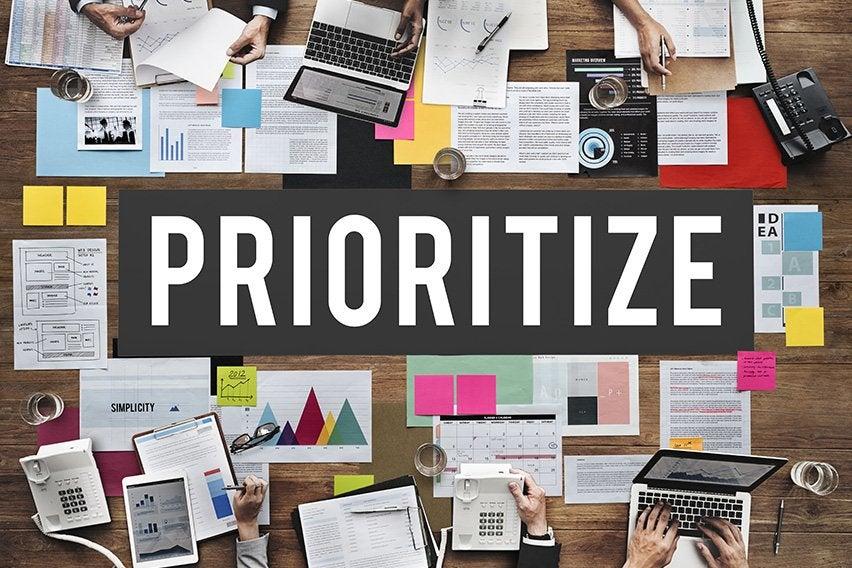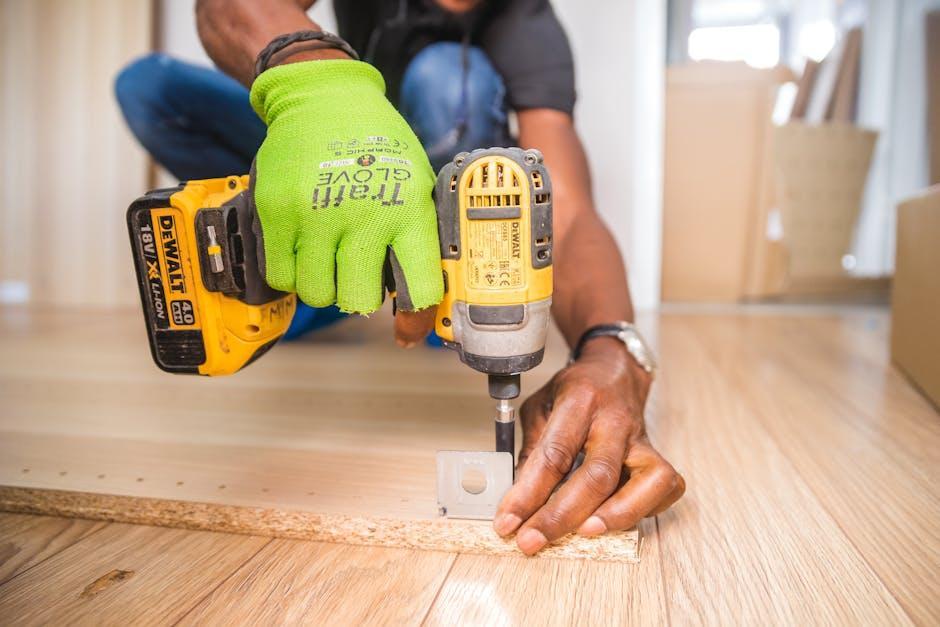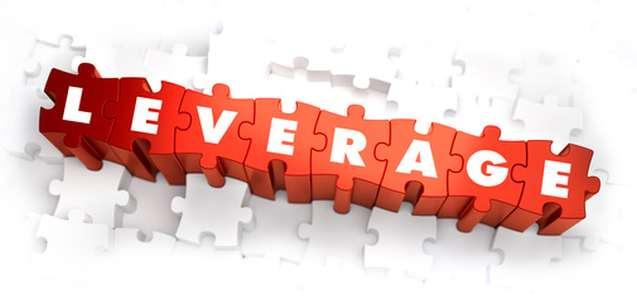Feeling anxious about the state of our planet? You’re definitely not alone. With climate change and environmental crises making headlines almost daily, it’s no wonder that eco-anxiety is on the rise. But here’s the kicker: how do you juggle this growing concern for Mother Earth without draining your wallet? In this article, we’re diving into the ins and outs of managing eco-anxiety while keeping your finances in check. Stick around, and you’ll discover practical tips to help you navigate your environmental angst without blowing your budget. Let’s get started!
Understanding Eco-Anxiety and Its Impact on Your Wallet
Eco-anxiety, which refers to the stress and worry about the effects of climate change, can have real impacts on your financial decisions. When you’re feeling anxious about the environment, you might be inclined to spend more on eco-friendly products and services. While this is a positive step for the planet, it can sometimes strain your budget. Consider finding affordable ways to be eco-conscious:
- Reusable items: Invest in reusable bags, bottles, and containers.
- Second-hand shopping: Opt for thrift stores instead of buying new.
- Energy-efficient appliances: Save money in the long run with energy-saving devices.
- DIY solutions: Create your own cleaning supplies or garden compost.
Educating yourself on how to combine eco-consciousness with budget-friendly options can reduce both your stress and your expenses. For example, community swaps or borrowing tools instead of purchasing them can help you stay green without going into the red:
| Eco-Friendly Ideas | Cost-Effective Alternatives |
|---|---|
| Organic Groceries | Join a local co-op |
| Electric Car | Carpool or use public transport |
| Solar Panels | Check for government rebates |

Prioritizing Sustainable Choices Without Overspending
Choosing eco-friendly options doesn’t have to be expensive. Here are a few ways to make sustainable choices without emptying your wallet:
- Shop second-hand: Thrift stores and online marketplaces often have great deals on clothes, furniture, and other items.
- Use energy-efficient appliances: Look for the Energy Star label when buying electronics and home appliances. They may cost a bit more upfront but save money on your utility bill over time.
- Opt for public transport or carpooling: Not only will this reduce your carbon footprint, but you’ll also save on gas and parking fees.
You can also pay attention to what you buy for your home. Small changes can make a big difference:
- Buy in bulk: Reduce packaging waste and often save money per unit when purchasing items like grains, nuts, and detergents in larger quantities.
- DIY cleaning products: Simple ingredients such as vinegar, baking soda, and lemon can effectively clean your home without harmful chemicals.
- Grow your own food: Even a small window garden can provide you with fresh herbs and veggies, cutting down grocery bills and reducing transportation emissions.

DIY Eco-Friendly Practices to Save Money and the Planet
Feeling eco-anxiety but worried about the cost? There are plenty of DIY eco-friendly practices that are gentle on your wallet and great for the Earth. For instance, try making your own cleaning products with ingredients like vinegar, baking soda, and essential oils. Not only are they cheaper, but they’re also free from harmful chemicals. Another tip is to start using reusable items like shopping bags, water bottles, and cloth napkins. They might cost a bit more upfront, but they save you money in the long run.
Consider simple changes in your daily routines to be more eco-conscious. Meal planning can minimize food waste and save money. Growing your own herbs and vegetables is another cost-effective way to be more sustainable. For energy savings, make the switch to LED light bulbs, which use less power and last longer than traditional incandescent bulbs. Take these small steps to reduce your environmental footprint without breaking the bank.

Leveraging Financial Tools for a Greener Lifestyle
One of the easiest ways to align your finances with your eco-friendly goals is to leverage existing financial tools that promote sustainable living. Green bank accounts are a great start; they support projects like reforestation and renewable energy. Also, consider using ethical investing platforms that allow you to invest in companies focused on sustainability. These platforms often come with tools to track the carbon footprint of your investments, helping you stay informed and motivated.
- Budgeting Apps: Some apps are tailored toward eco-conscious users, helping to track sustainable purchases.
- Digital Coupons: Look for eco-friendly discounts and deals on everyday items.
- Cashback Programs: Some reward programs offer cash back for purchases at green merchants.
| Tool | Benefit |
|---|---|
| Green Savings Accounts | Supports environmental projects |
| Eco-oriented Credit Cards | Rewards for sustainable purchases |
Another powerful approach is to reuse and recycle your financial resources. Opt for second-hand or refurbished products when shopping for big-ticket items like electronics or furniture. You can also join local swap groups to exchange items you no longer need. Financially, this translates into significant savings.
- Thrift Stores: Find quality items at affordable prices.
- Community Swaps: Participate in local events to trade items.
- Online Marketplaces: Platforms like eBay offer a range of second-hand goods.
By taking advantage of these tools and strategies, you can manage your eco-anxiety while making your finances more eco-friendly.
Q&A
Q: What is eco-anxiety, and how is it related to finances?
A: Eco-anxiety is the feeling of stress or worry about the future of our planet due to environmental issues like climate change, pollution, and deforestation. It’s becoming increasingly common as more people become aware of these global challenges. The connection to finances comes in when people try to make eco-friendly choices, which can sometimes be more expensive, like buying organic food or investing in sustainable products, and they start worrying about the cost.
Q: Are there affordable ways to live more sustainably?
A: Absolutely! There are plenty of ways to reduce your environmental footprint without spending a ton of money. Simple actions like reducing energy consumption by turning off lights, unplugging devices when not in use, and using energy-efficient bulbs can help. Additionally, buying second-hand items, reducing meat consumption, and using public transport or biking instead of driving are all cost-effective and sustainable practices.
Q: How can someone deal with eco-anxiety on a budget?
A: One way is to focus on small, impactful changes that don’t require significant financial investment. Things like starting a recycling routine, growing your own vegetables, or participating in local clean-up events can help you feel more proactive and less anxious. It’s also a good idea to set realistic goals for yourself and celebrate the progress you make, no matter how small.
Q: Are there any resources or tools that can help manage eco-anxiety without spending a lot?
A: Yes, there are many free or low-cost resources available. Many non-profit organizations offer free workshops and webinars on sustainable living. There are also numerous online communities and social media groups where people share tips and support each other. Apps that track your carbon footprint can also be handy, giving you a clearer picture of the impact you’re making and motivating you to keep going.
Q: How can budgeting help in managing eco-anxiety?
A: Creating a budget can give you a clear overview of your finances and help you allocate funds towards eco-friendly choices that matter to you. It can also help you identify areas where you can cut back on unnecessary expenses. By planning your purchases and setting aside a little each month for sustainable investments, you can make more intentional, eco-friendly decisions without financial stress.
Q: What are some common misconceptions about sustainable living and its costs?
A: A common misconception is that living sustainably is always more expensive, but this isn’t necessarily true. While some eco-friendly products can have higher upfront costs, many sustainable practices actually save money in the long run. For example, using a reusable water bottle instead of buying bottled water, or investing in a good set of reusable bags can save you money over time.
Q: Any final tips for someone looking to manage eco-anxiety on a tight budget?
A: Sure! Start small and focus on what you can control. Educate yourself on environmental issues, cut down on waste, and try to support local, sustainable businesses when you can. Remember, every little bit helps, and it’s better to make consistent, small changes than to feel pressured to overhaul your entire lifestyle at once. And most importantly, be kind to yourself—it’s all about progress, not perfection.
Concluding Remarks
That wraps up our look into eco-anxiety and how to tackle it without emptying your wallet. While it might feel overwhelming trying to balance environmental concerns with financial realities, remember that every small step counts. You don’t need to go all-in overnight or drain your savings to make a difference. From budget-friendly green choices to simple, sustainable habits, there are plenty of ways to care for the planet and your peace of mind. Thanks for reading, and here’s to finding a balance that works for you! 🌍💚


